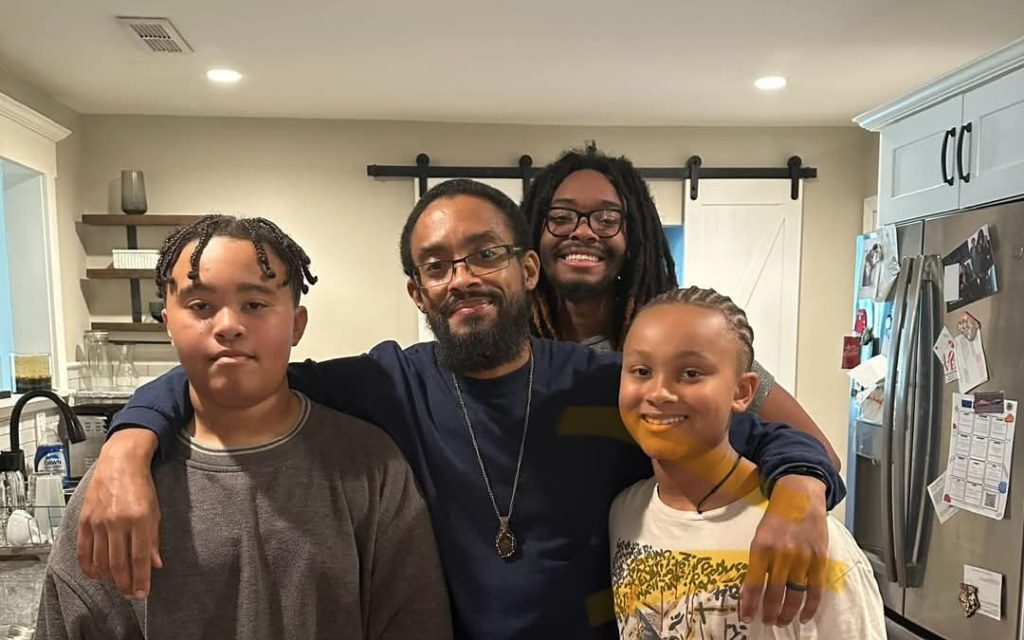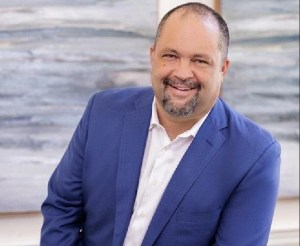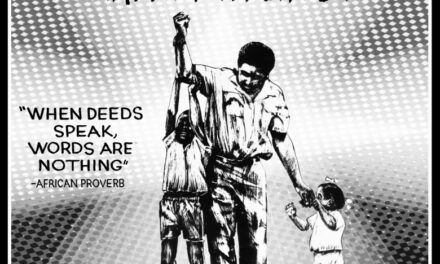By Dr. Deborah Bailey
AFRO Contributing Editor
Cancer.
Many fear the word, and some can’t even utter it.
March is National Colon Cancer Awareness Month, a time to turn fear into knowledge of the facts and meet the people who are living full lives after a colon cancer diagnosis.
First, colon cancer impacts the Black community at higher rates than any other ethnic group. Black people are 20 percent more likely to get colon cancer and 40 percent more likely to die from it.
“Early detection makes this one of the most preventable and treatable cancers,” said Dr. Marcus Noel, medical oncologist at MedStar Georgetown University Hospital and Associate Professor of Medicine in the Department of Medicine at Georgetown University.
According to the American Cancer Society, the incidence of colon cancer has decreased among older populations, whereas rates have shown an increase in individuals under the age of 50.
Colon cancer is a long road for any patient, but with new treatments, many people are able to make adjustments and resume robust lives, mentioned Dr. Noel.
Juggling motherhood and work….but don’t ignore the symptoms
“I was 39 when I got diagnosed, ” said Rachel Mull, now in her mid-40’s. I had two young kids and was working full time.”
The busy mom had been diagnosed with kidney stones but was still having abdominal pain. “It was really the kidney stones that got me to the doctor and then they found the tumor,” she said.
Today’s colon cancer survivors are focusing on living their lives while raising children, working in and outside the home, and connecting to their renewed reasons to thrive after diagnosis. They are not afraid to speak out loud about their cancer experience and the road ahead.
“The symptoms can easily be ignored,” Mull said, particularly for a woman. Mull had light bleeding that she first thought could be hemorrhoids, a common post-pregnancy condition.
“People don’t always like to talk about what’s in their stool, so getting screenings is important,” she advised.

Understand your “why”
Frederick “Rick” Rivers has experienced major illness throughout his life, beginning with liver disease at age 18 and undergoing a liver transplant at age 28. With an added family history of colon cancer, he knew he was at greater risk for gastrointestinal illness. After his colon cancer in 2012 at 31, he was set back again with kidney cancer in 2019 at 37.
But Rivers, now in his 40s, is clear about one thing – his three sons.
“I have a very strong “why,” said the Southern New Jersey martial arts practitioner and stay at home Dad. “I have to be here for my boys,” said Rivers, father of three sons, aged 23, 12 and 13. “Being a dad is the thing I am best at doing.”
“They all live with me,” Rivers mentioned. His children have witnessed both his difficult and strong moments during his cancer journey. He hopes that this experience has imparted valuable life lessons of benefit to his sons.
Fight to get symptoms taken seriously
Diane Nathaniel, a native New Yorker, exhibits a straightforward, no nonsense demeanor at first glance. The engaging elementary school guidance counselor and cancer survivor, is serious about advocating for her own health and others experiencing marginalization by medical professionals.

When her stage III cancer was diagnosed at age 44, Nathaniel was devastated but focused on family.
“It was like my life flashed before my eyes. This was only my second time meeting the doctor who gave me the news,” Nathaniel said.
“I thought about my family first and said, ‘I’m not ready to leave my kids, I’m just not ready,’” Nathaniel said. “In your mind you must will yourself to live,” she said.
A determined mindset, a solid support system which included church, family and doctors who had her back were all a part of Nathaniel’s winning team.
Even after her cancer diagnosis, Nathaniel contacted hospitals who refused to schedule her for treatment for months. Her oncologist, whom she had just recently met, was able to get her scheduled right away.
The cancer experience has emboldened Nathaniel when giving advice to other Black patients dealing with the medical system.
“You know your own body, We walk away so many times when a medical provider says you don’t need something, ” said Nathaniel. “If you know something’s not right with your body, do not let anyone turn you away.”
This article is written in memory of my brother, Bryan Bailey, who lived his best life after a colon cancer diagnosis. Bryan died in 2012 at the age of 56 living his dream in Washington D.C.
The post To be young, gifted and…healthy: The new face of colon cancer survivors appeared first on AFRO American Newspapers.










